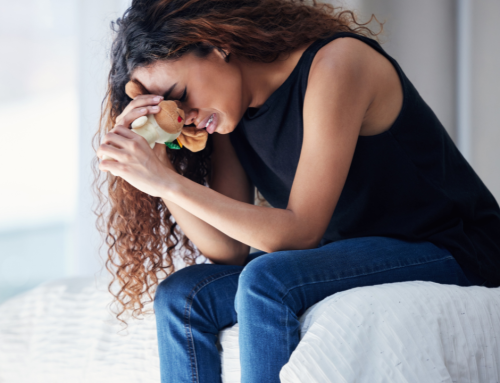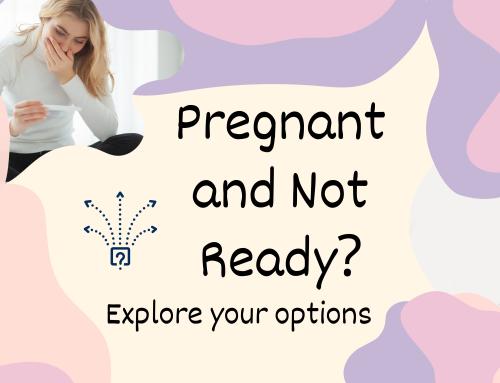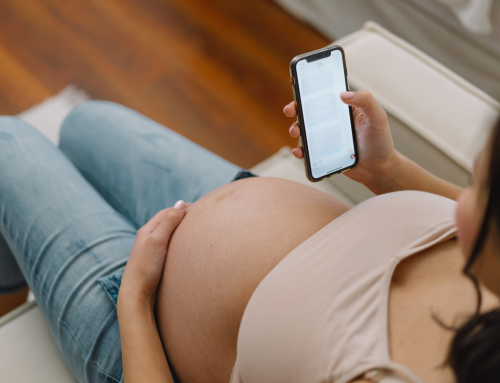If you’ve ever seen a romance movie or a teen drama, you know that nothing shifts the mood on screen like the phrase “I’m late.” The classic line may be a great way to keep the audience on the edge of their seats in anticipation, but it can also be misleading when it comes to symptoms of pregnancy. While a late or missed period is a common a sign of pregnancy, it is not a definite indicator, nor is it the only symptom. Below are five early signs of pregnancy, and what they mean.

Heart Burn
While your body prepares to house a new guest for the next nine months, you may experience some of the not-so-pleasant effects of those preparations, such as heart burn. Heart burn during pregnancy is caused by changes taking place in your digestive system. The sensation is often described as a burning feeling in the chest, which usually comes after eating and gets worse when you lie down or bend over. Reach for an antacid for some quick relief!

Frequent Urination
During pregnancy, the uterus pushes down on the bladder. The increase in pressure causes the bladder to fill up much quicker than usual, resulting in a frequent urge to go. However, don’t limit your water intake. You need all the hydration you can get!

Mood Swings
Mood swings typically occur between weeks six and ten of pregnancy and return during the final trimester. These swings can be caused by lack of sleep, physical stress, and changes in hormone levels. The key to combating moodiness? Remember to take care of yourself! Take time each day to relax, get some exercise, and do something that makes you happy.

Spotting
While pregnancy does give you a pass on getting your period for a while, you may not want to stash the feminine products just yet. It is common for women to experience light spotting during pregnancy, which can easily be mistaken for a period. If you are unsure whether you are experiencing your regular period or pregnancy spotting, plan a visit to your doctor for a definitive answer.

Nausea
An estimated 75% of women will experience nausea, or, morning sickness during pregnancy. The good news is that it won’t last forever! In most cases, nausea occurs between weeks six and 14 of pregnancy. To alleviate nausea, eat a small snack before bed and as soon as you wake up. Doing so will prevent your stomach from becoming totally empty, which causes the symptoms of nausea to be much worse.
If you are experiencing one or more of these symptoms, or are concerned that you may be pregnant, schedule an appointment with your OBGYN immediately.
Sources:





